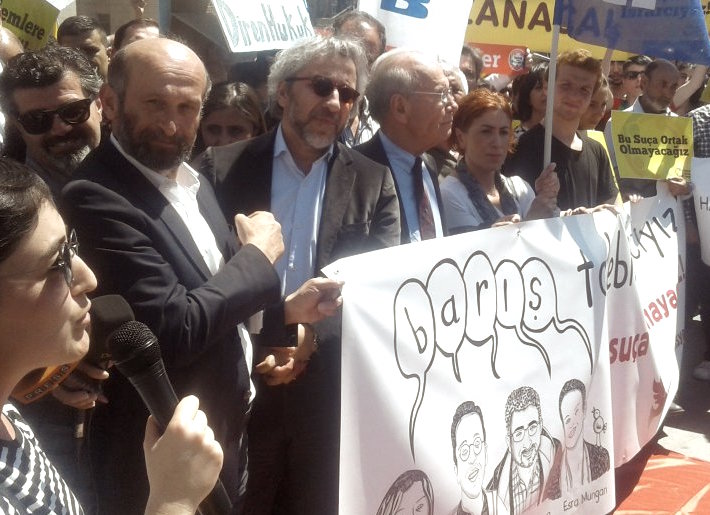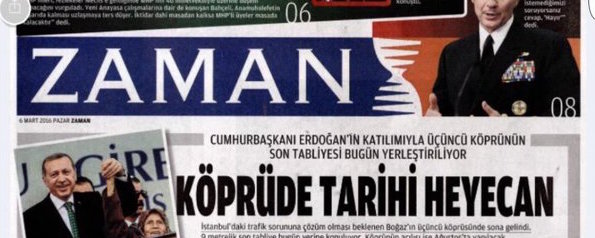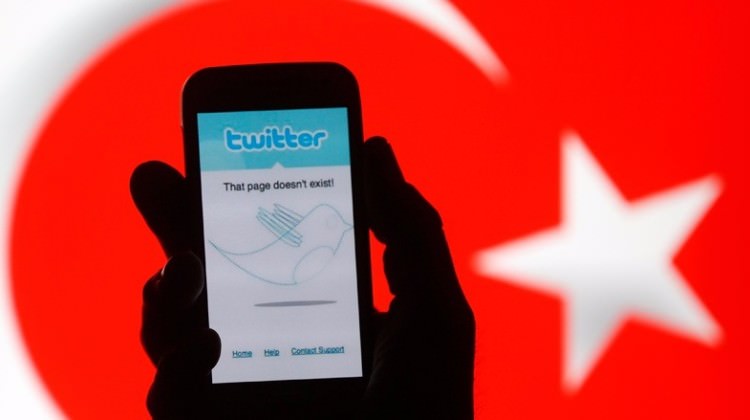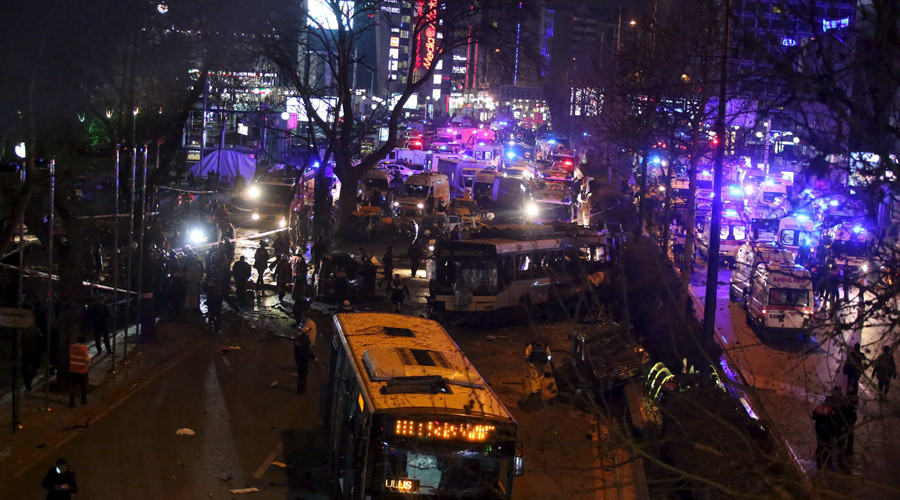Turkey has formally shut down its Presidency of Telecommunication and Communication (TIB) as part of an ongoing crackdown on groups and individuals allegedly involved in the 15 July military coup attempt.
The institution, founded in August 2005 and tasked with the oversight of telecoms and internet surveillance and censorship orders, has been in the spotlight during recent years for its role in blocking access to over 100,000 websites in the country, and implementing blanket bans of major internet services including YouTube and Twitter.
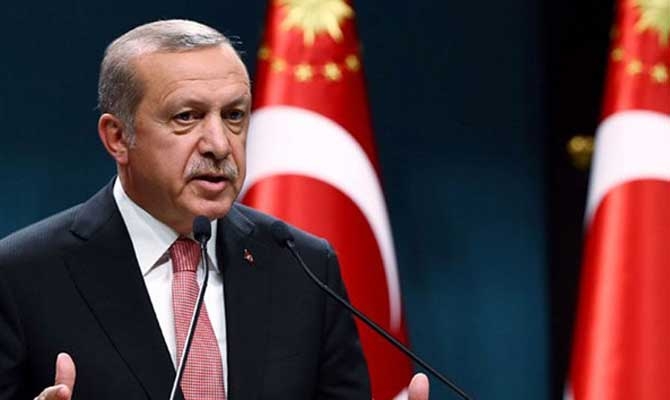
Its Twitter ban was ruled unconstitutional in 2014, however rulings are generally unopposed, and cases that are opposed have rarely been reviewed. In addition to these officially documented blocks, Turkey frequently also denies access to social media services Twitter, Facebook and YouTube following national emergencies.
“We want to build a stronger intelligence capability to tackle the activities of this organisation, because [TIB] is one of the places where all the filth can be found.”
President Erdogan, 2 August 2016
TIB’s remit has been handed over to BTK, the Information and Communication Technologies Authority of Turkey. The shuffle, combined with new legislation passed earlier this year, will permit surveillance and censorship orders to be implemented without the oversight of the ministry of communications in order to enable a more effective response to monitor and silence challenges faced by the authorities during periods of political unrest.
What comes next?
Isik Mater, spokesperson for Turkey’s internet shutdown watchdog group TurkeyBlocks, believes that TIB will not be missed by most Turks. “TIB’s name, emblazoned on shutdown pages that come up when citizens try to access any of Turkey’s dozens of thousands of blocked sites, has become closely associated with the censorship of popular content in Turkey,” explained Mater. “Yet it’s too early to celebrate, and highly unlikely that direct management by the BTK will lead to more transparent operations given the state of emergency in Turkey and particularly considering the force of ongoing operations to shut down voices perceived to be associated with exiled cleric Fethullah Gulen”
Proponents believe that the new structure will complement wider reforms handing over control of key governance to the country’s leader, president Recep Tayyip Erdoğan, as part of a shift from Turkey’s parliamentary system towards an executive presidency. The moves to introduce stronger institutions have been popular amongst the leader’s followers, although civil society groups continue to voice concerns about the impact on press freedom and individual freedom of expression.
Key Players: The three letter agencies that control Turkey’s internet infrastructure
TİB: Telekomünikasyon İletişim Başkanlığı

Turkey’s Presidency of Telecommunication and Communication, founded in August 2005, tasked with the oversight of telecoms and internet surveillance and censorship orders, has been under the spotlight over recent years for its role in blocking access to over 100,000 websites in the country, and implementing blanket bans of major internet services including YouTube and Twitter.
Bilgi Teknolojileri ve İletişim Kurumu (BTK)

The Information and Communication Technologies Authority (ICTA), founded January 2000, is a national telecommunications regulatory and inspection authority of Turkey. It was formerly known as the Telecommunications Authority, or Telekomünikasyon Kurumu (TK).










